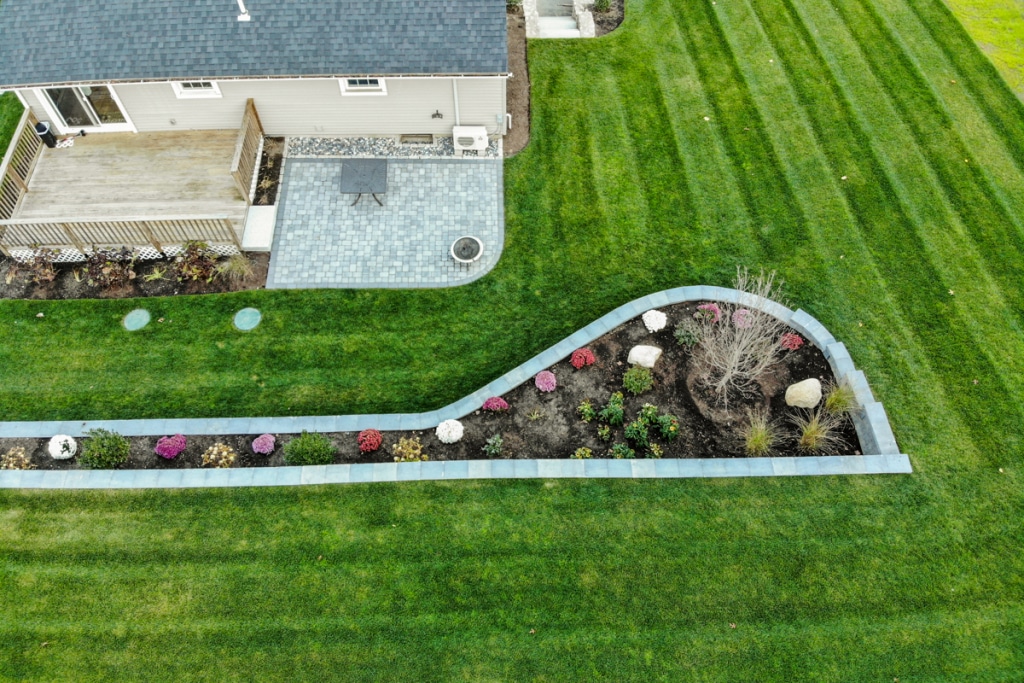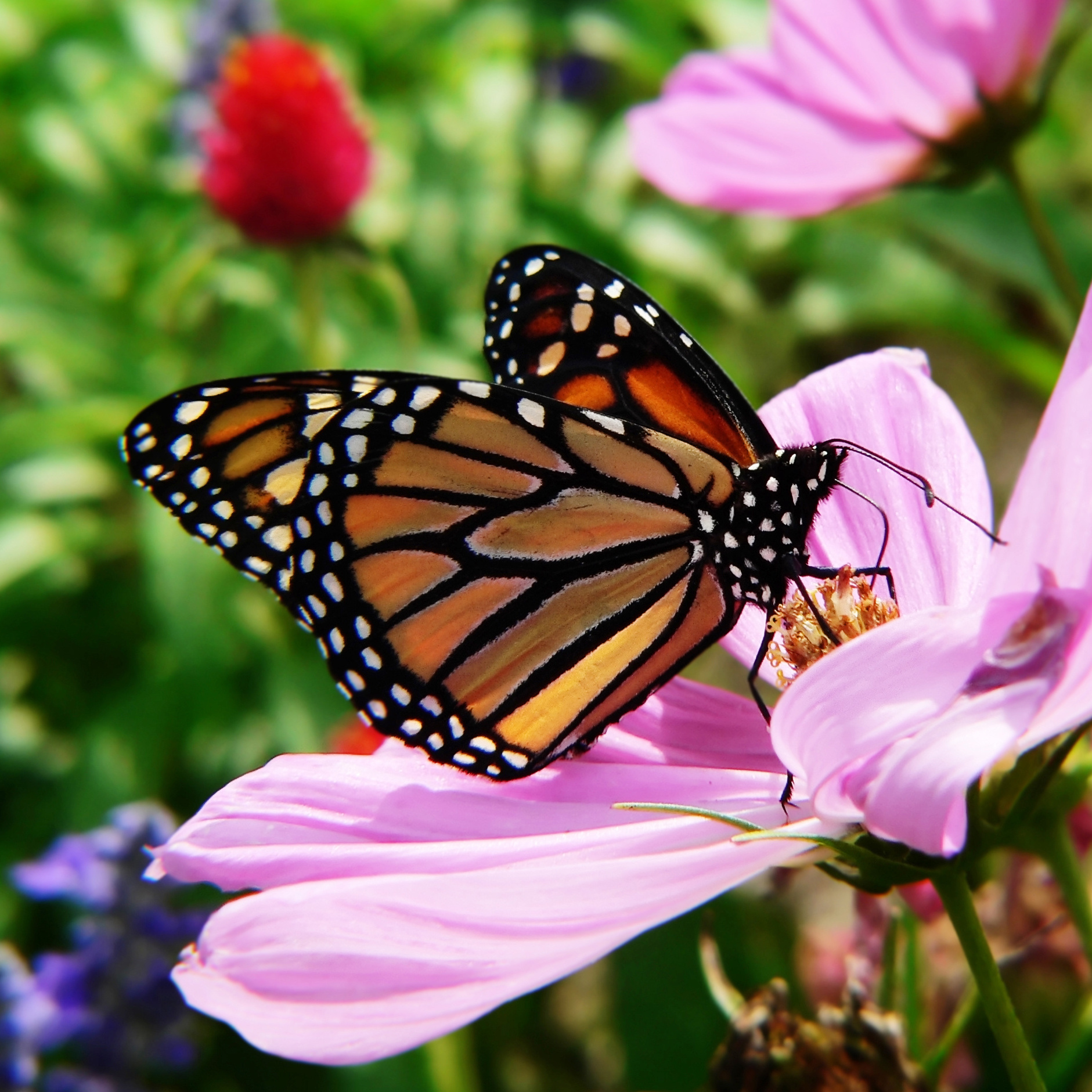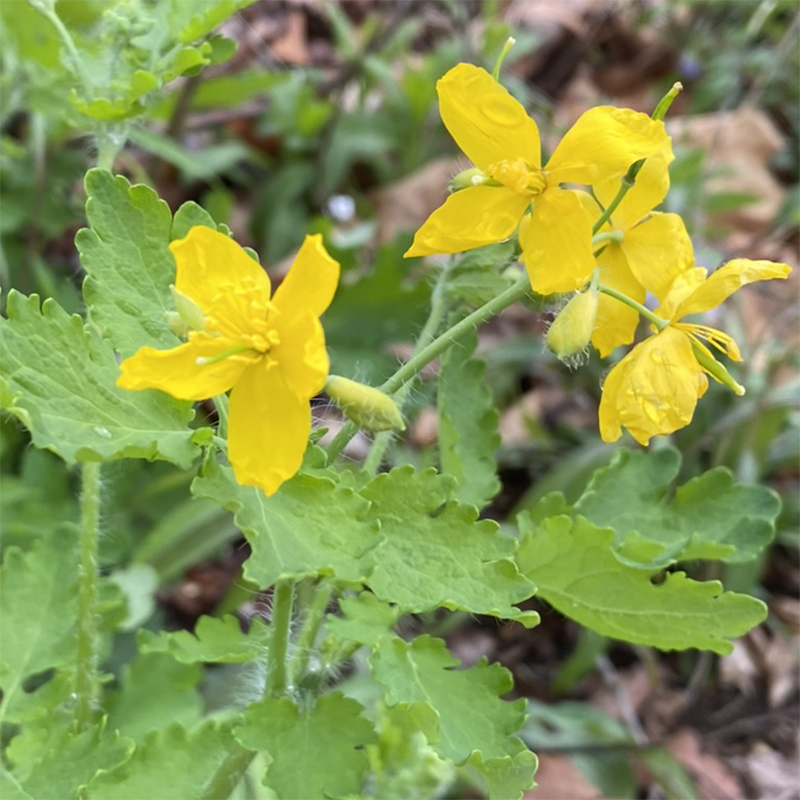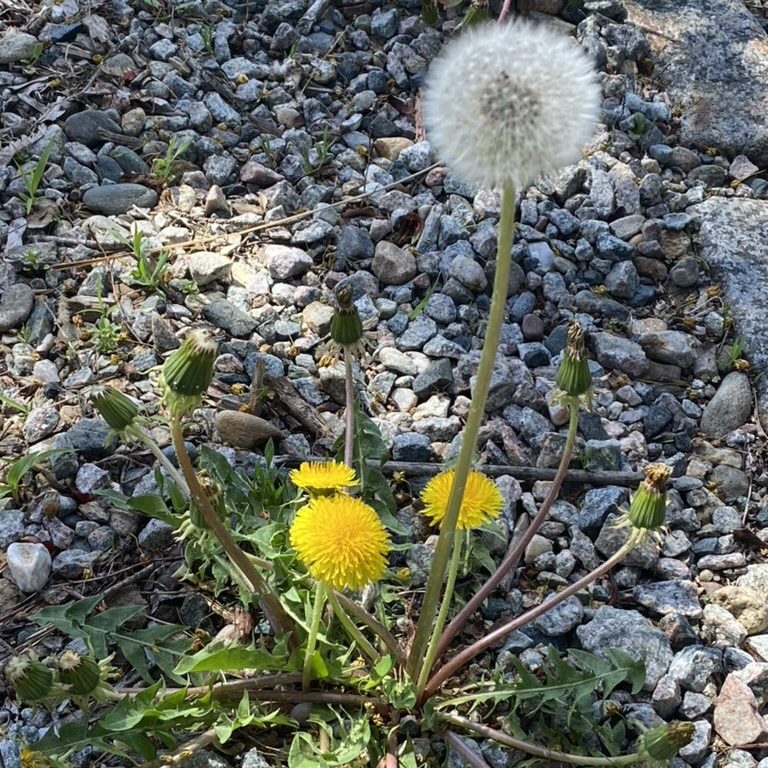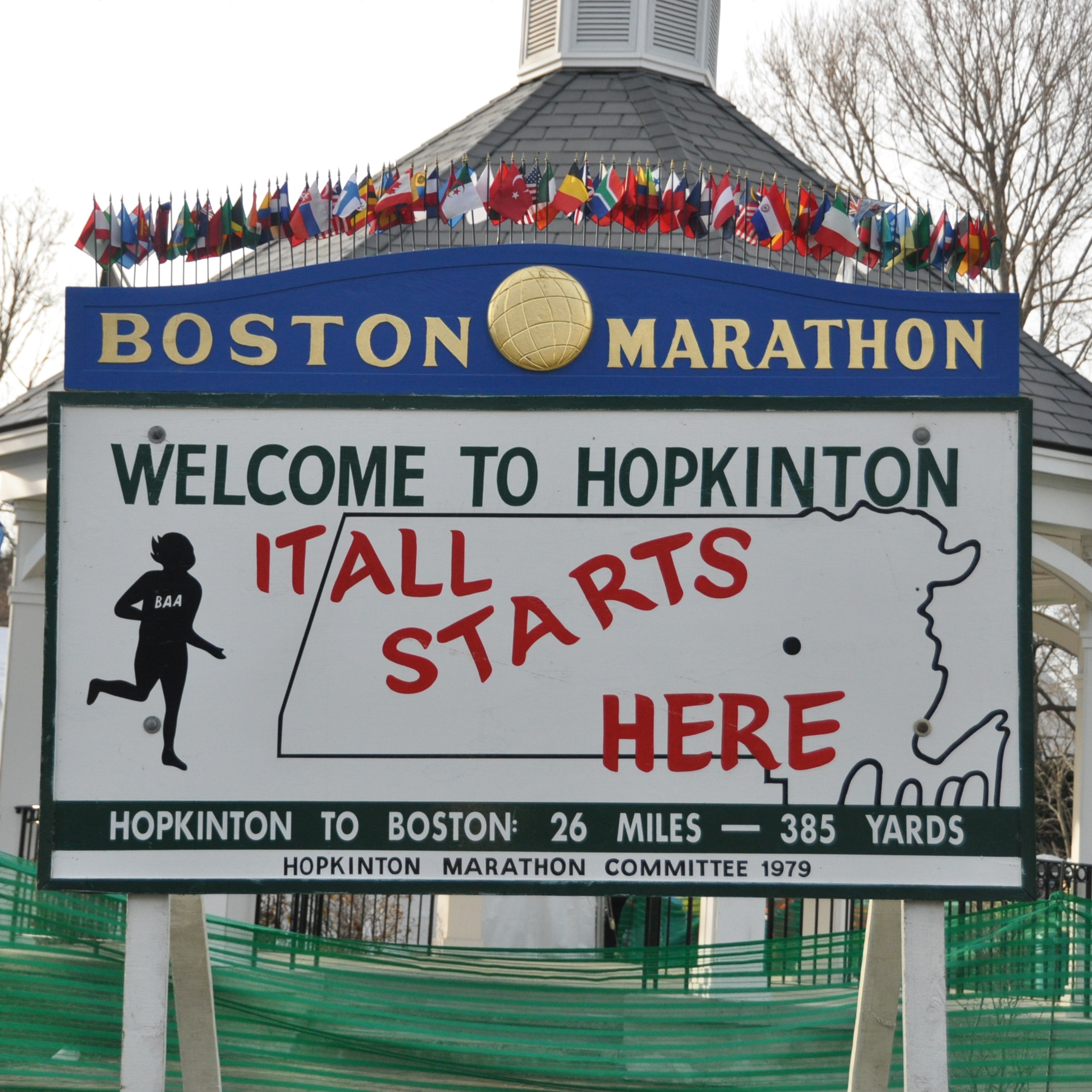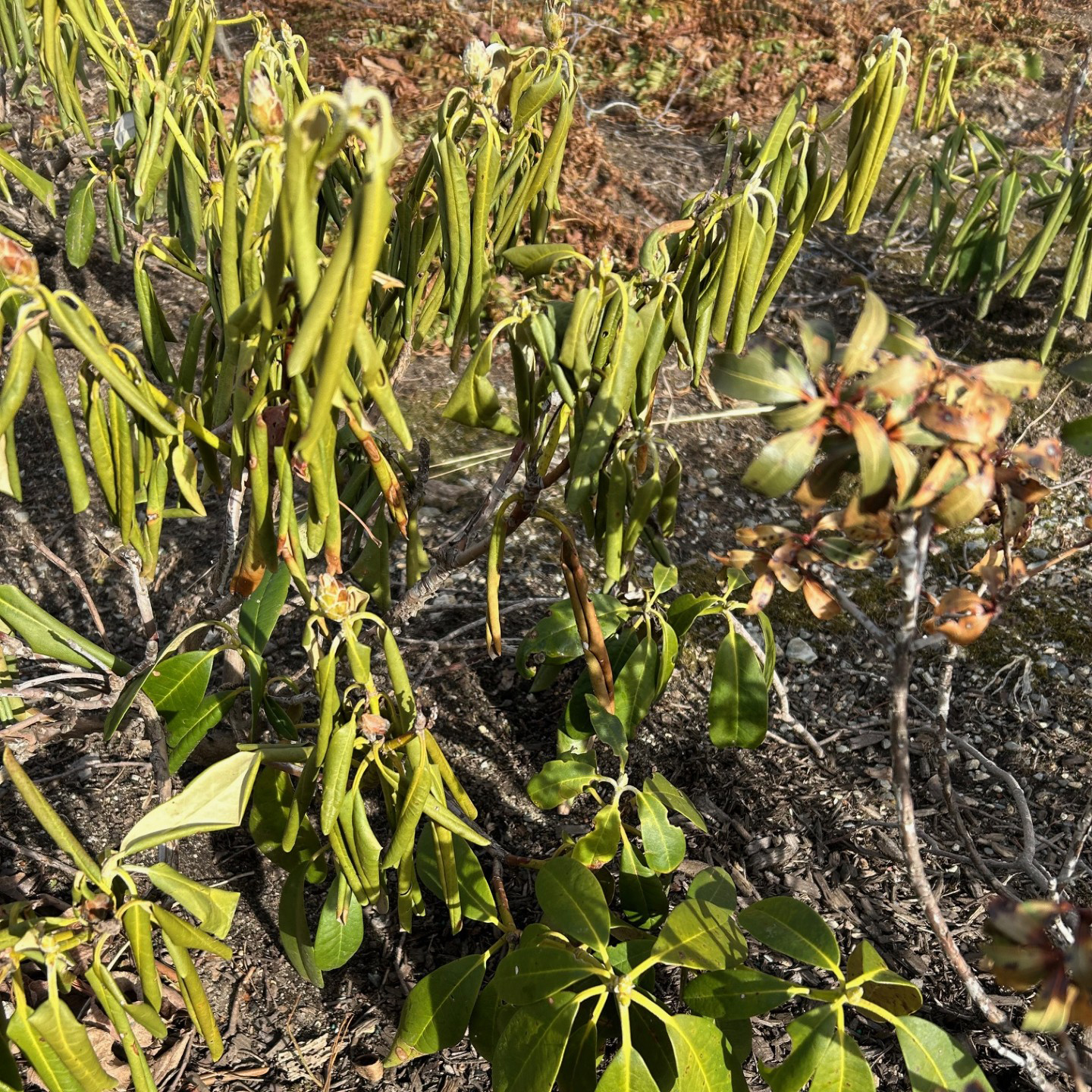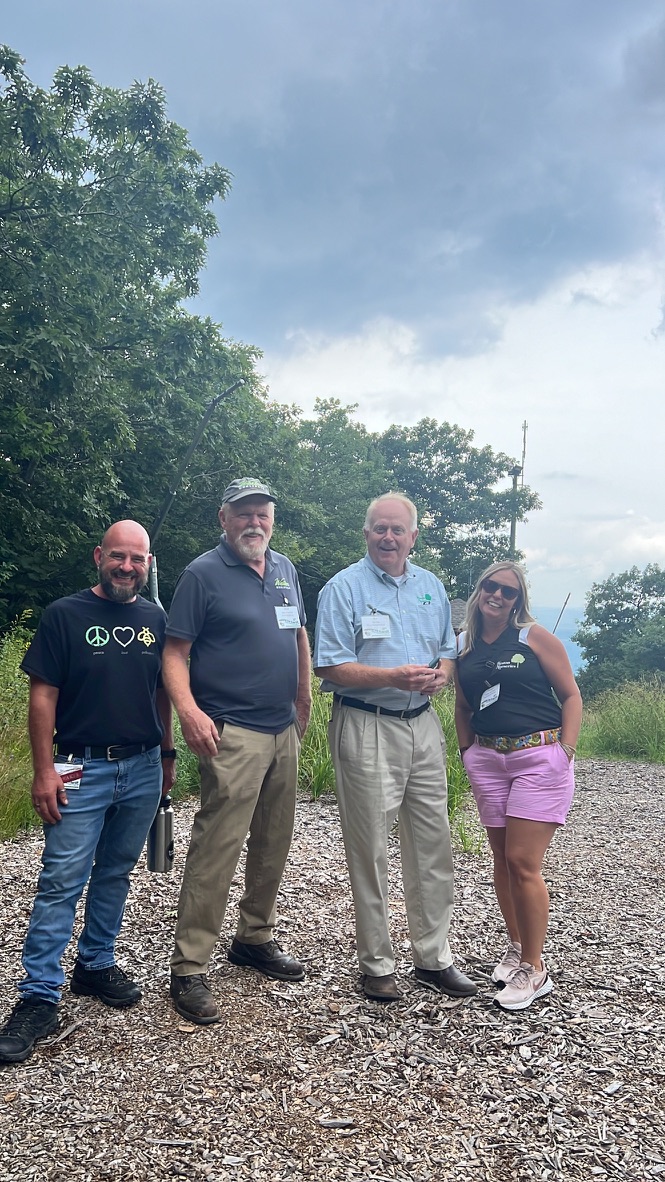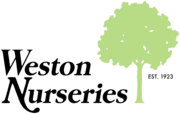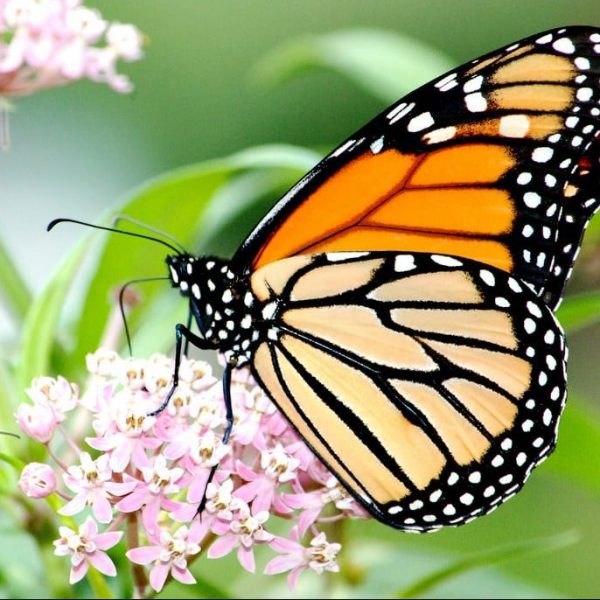
By R. Wayne Mezitt
I have a difficult time getting my arms around big concepts like “doing the right thing for the environment”. We all know that pollution and depletion of environmental resources are taking a toll on the health of our planet. But for many of us, solutions for problems this huge can seem so unapproachable and all-encompassing that we perceive them as beyond our ability to influence. Sure, we know that all our daily activities are somehow connected to our environment. But how can we really do anything meaningful?
For us as homeowners, observing the relevance of Earth Day, Saturday April 22, by planting “pollinator plants” is one solution we can easily embrace. Research has shown that pollinators are being particularly threatened by environmental degradation, and their numbers are seriously declining in many regions. But as individual gardeners and homeowners, we can make a difference by choosing plants for our yards that enhance the wellbeing of pollinators.
“Pollination” is the transfer of pollen from the male parts of a flower (anther) to the female (stigma); this process enables the plant to produce its seed, fruit or nut. Honey bees, bumble bees, beetles, moths, butterflies and ants are our main local pollinators. These tiny creatures devote their lives to performing a task that seems incredibly insignificant as an individual act. Yet taken in total, the amazing work they accomplish (including enabling production of nearly one third our worldwide food crops!) is a fundamental necessity for life as we know it to thrive.
In the 47 years since its inception, Earth Day worldwide has gained momentum, albeit all-so-slowly, to become a catalyst for individual and group actions that make a difference. This year’s theme is “Environmental and Climate Literacy”; this is very much in keeping with our understanding the critical importance of pollination, and appreciating how each individual pollinator, participating with countless others, creates such a monumental outcome for life on earth.
Most local garden centers offer a wide range of trees, shrubs, perennials and annuals that benefit pollinators, readily integrated into any yard. Pollinator plants are available for every season and growing condition, appealing for their flowers, fragrance, fruit, form and foliage. When you stop by for a visit, talk with their experts to become more knowledgeable about the plants that pollinators favor.
And I consider the pollinators’ lesson most inspiring, especially on this Earth Day: each individual accomplishing a small task, in combination with many other individuals doing their part, can build an enormously beneficial outcome. By individually emulating the pollinators’ example, we join in making a big difference, significant for all of us, by planting pollinator plants in our gardens and around our yard.
Wayne Mezitt is a 3rd generation nurseryman and a Massachusetts Certified Horticulturist, now chairman of Weston Nurseries of Hopkinton and Chelmsford, MA, and owner of “Hort-Sense”, a horticultural advisory business; he currently serves as Trustee chairman for the Massachusetts Horticultural Society at Elm Bank in Wellesley MA.

